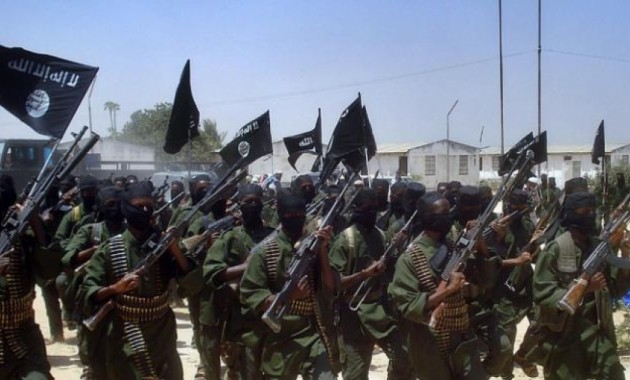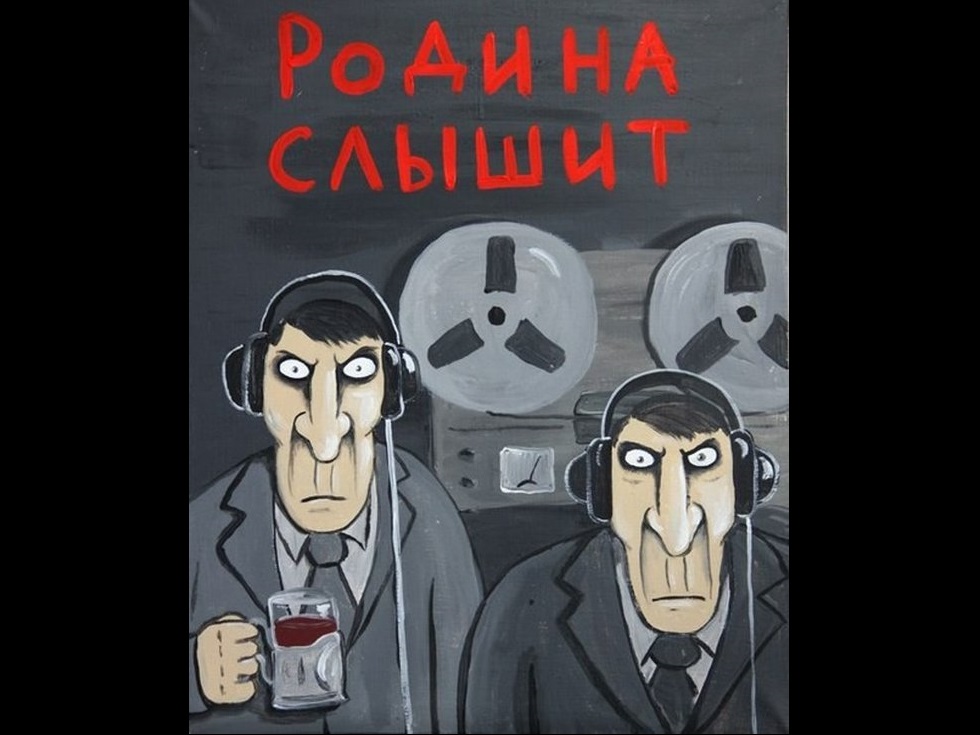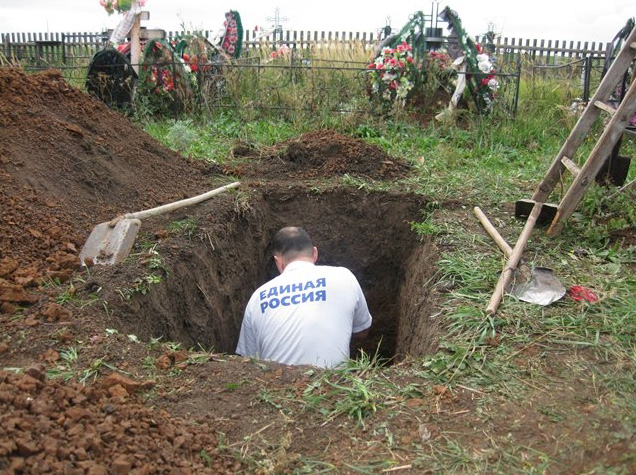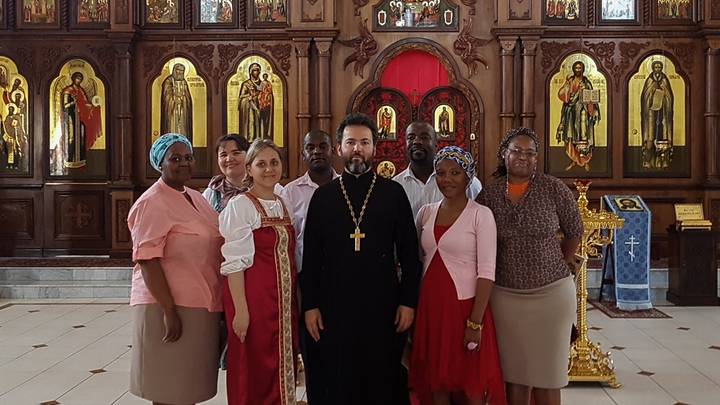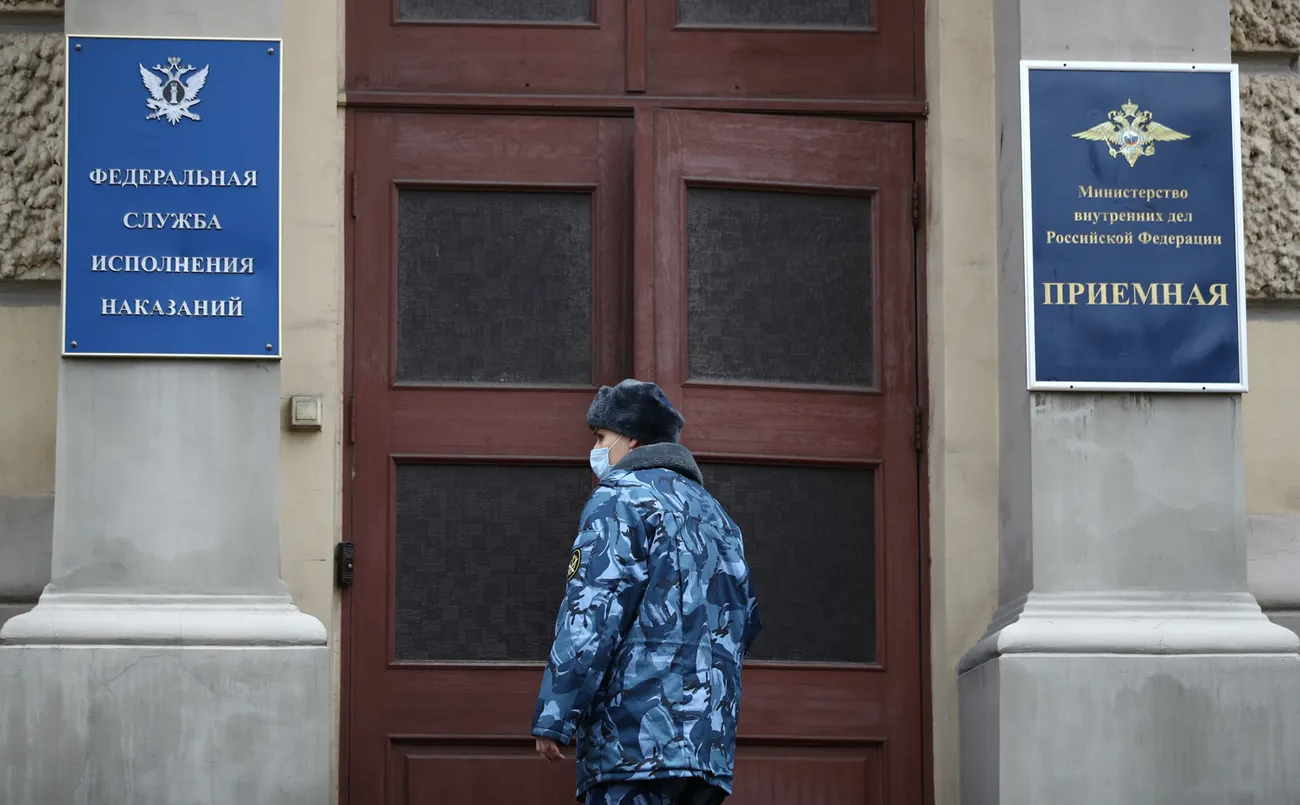But now countries even more exposed because they aren’t under the security umbrella of the Western alliance are doing the same. Now, Ukraine is joining this group having prepared and distributed to the alliance and its members at a meeting in Tbilisi last week an analytic study “about the links of the Russian Federation with terrorist organizations in the Middle East and in Central Asia.”Poland and the Baltic countries, all of whom are in NATO, have come to play a leading role in this regard not only warning the West about what Putin is up to but hosting international conferences and preparing well-documented reports.
During the Cold War, the West relied upon and benefitted from studies prepared by those who had fled the communist regimes Moscow had imposed in the USSR and in Eastern Europe. Now, these countries are independent, but the expertise about Russian behavior found in them is no less valuable. They deserve the closest attention and where possible support.The report details how Moscow communicates with these groups, provides support and coordinates their actions with those of the Russian government and security services.
Related:
- Number of Russian citizens fighting for ISIS in Syria up dramatically in last year
- Putin said plotting a new refugee crisis to influence EU elections
- Brexit, Putin, and ISIS nexus: geopolitical and security dimensions
- Putin and ISIS have ‘common goals and in general resemble one another,’ Eidman says
- FSB defector’s claims about Moscow’s ties to ISIS consistent with other evidence, Kirillova says
- Putin using all means against the West – including Islamist terrorism – Piontkovsky says
- Putin “played no less role” in creation of ISIS than Stalin did in rise of Nazis, Shmulyevich says

